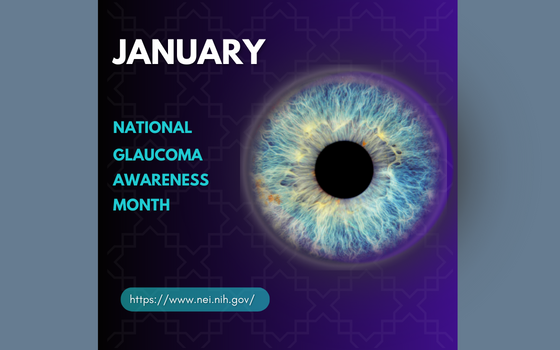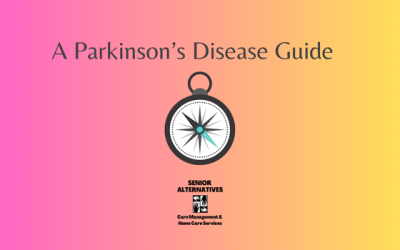January 10, 2023

– Glaucoma is a group of eye diseases that can cause vision loss and blindness by damaging a nerve in the back of your eye called the optic nerve.
The symptoms can start so slowly that you may not notice them. The only way to find out if you have glaucoma is to get a comprehensive dilated eye exam. There’s no cure for glaucoma, but early treatment can often stop the damage and protect your vision.
There are many different types of glaucoma, but the most common type in the United States is called open-angle glaucoma — that’s what most people mean when they talk about glaucoma. Other types are less common, like angle-closure glaucoma and congenital glaucoma.
At first, glaucoma doesn’t usually have any symptoms. That’s why half of people with glaucoma don’t even know they have it.
Over time, you may slowly lose vision, usually starting with your side (peripheral) vision — especially the part of your vision that’s closest to your nose. Because it happens so slowly, many people can’t tell that their vision is changing at first.
But as the disease gets worse, you may start to notice that you can’t see things off to the side anymore. Without treatment, glaucoma can eventually cause blindness.
Anyone can get glaucoma, but some people are at higher risk. You’re at higher risk if you:
- Are over age 60
- Are African American and over age 40
- Are Hispanic/Latino
- Have a family history of glaucoma
Scientists aren’t sure what causes the most common types of glaucoma, but many people with glaucoma have high eye pressure — and treatments that lower eye pressure help to slow the disease.
Doctors use different types of treatment for glaucoma, including medicines (usually eye drops), laser treatment, and surgery.
If you have glaucoma, it’s important to start treatment right away. Treatment won’t undo any damage to your vision, but it can stop it from getting worse.
Talk with your doctor about your risk for glaucoma, and ask how often you need to get checked. If you’re at higher risk, you need to get a comprehensive dilated eye exam every 1 to 2 years.
For more information on this topic check out the Eye Institute’s website:
https://www.nei.nih.gov/learn-about-eye-health/eye-conditions-and-diseases
#homecareproviders #elderlyassistance #seniorhomecare #caregiver #elderlycare #elderlyservices #homecareservices #careagency #careagency #seniorassistance #servicesforseniors #careathome #inhomecare #careinhomes #careservices #elderlycaregiver #memorycare #homecare #seniorcare #glaucoma
To schedule a free 45 minute consultation, reach out to us: 888.451.4290 – We are here to help during the holidays and all year long.
Related Articles
Boost Cognitive Function Through Brain Exercises
Just like the rest of your body, your brain changes and adapts over time. Through a concept known as neuroplasticity, your brain can form new connections, strengthen existing ones, and even recover lost abilities. Regular mental exercises can have a significant impact on your brain health. Read on to know more…
Why People in Blue Zones Thrive and Live Longer
Blue Zones are regions where people live longer, healthier lives compared to the global average. These areas have been studied extensively to find common denominators and answers about what makes these places unique. One of the key components of these lifestyles is community engagement, or having a strong sense of belonging and support from others. Read on to know more about Blue Zones and how we can duplicate their lifestyle and best practices.
Understanding Parkinson’s Disease
April is Parkinson’s disease awareness month, with that in mind we put together a blog





